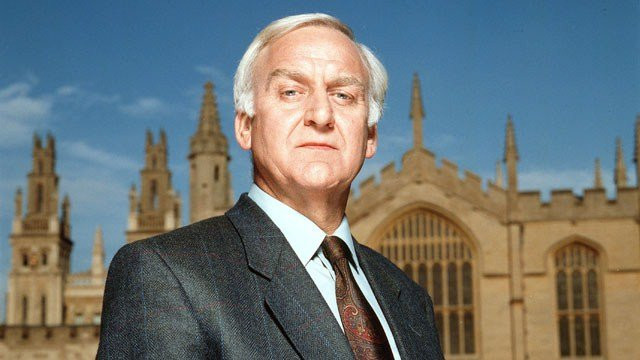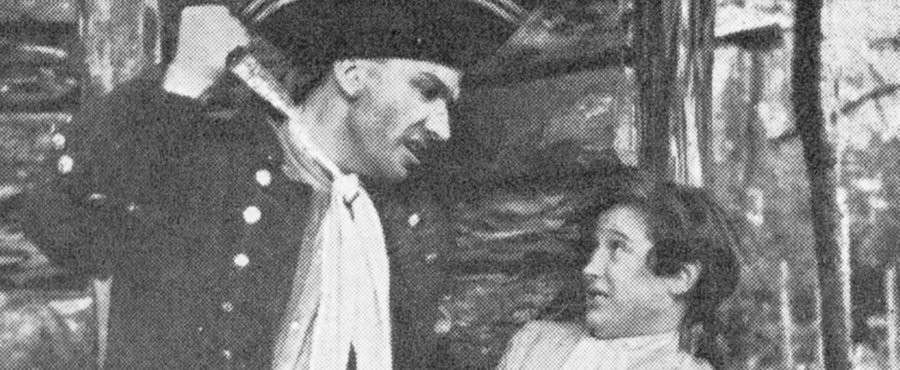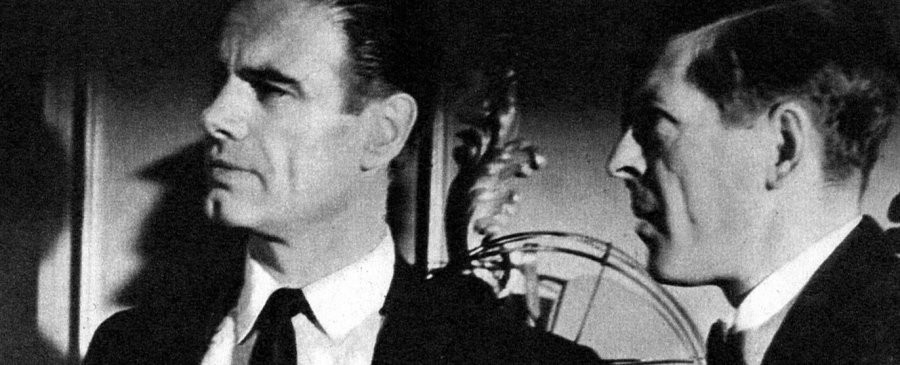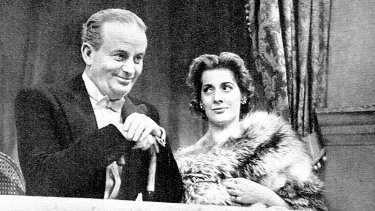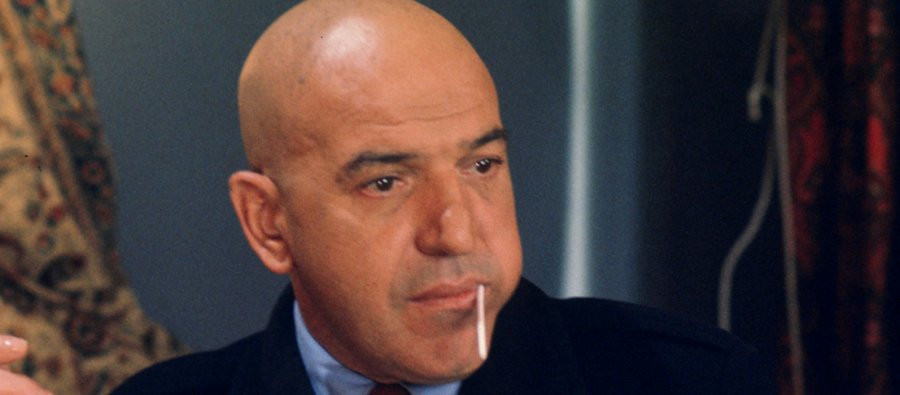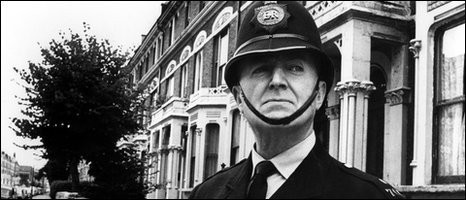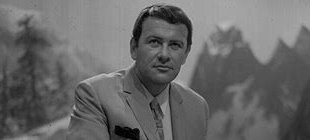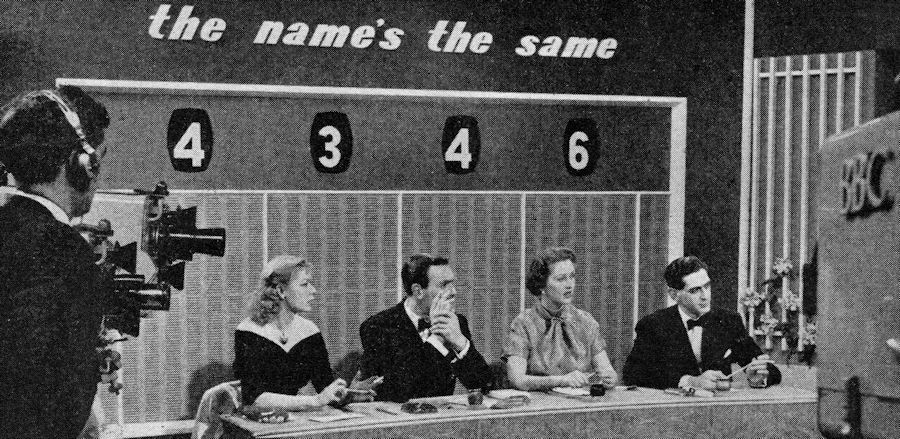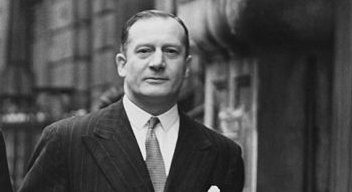
I Made News
1951 - United KingdomI Made News was a landmark TV series for the BBC in several respects. Firstly, it was the first time that directors had been used in television. Previously on both sound radio and television the accepted format was for writer-producers to direct their own shows.
The BBC had recently finished making the docu-drama series War on Crime, a police procedural based on real-life cases from the files of Scotland Yard. But one of the criticisms of War on Crime was that as it was only shown monthly - it failed to build up any audience loyalty. As a result, producer Robert Barr was given the job of setting up a production unit capable of turning out weekly dramas of the type that were then being produced in America.
I Made News was to be the case study for this new production process, turning out 12 weekly half-hour docu-dramas. Due to its experimental nature, I Made News was more concerned with quantity than quality, a move that proved to be quite controversial within the BBC itself. Critics too, appeared to be divided. The News of the World commented: "I Made News has only occasionally made good television. As the creator of 'Raffles' may not have said, there's no police like Holmes."
The series centered round criminal investigations but didn't restrict itself to the British police force. Some episodes were set in Holland, others involved the FBI and the leading investigator from those cases were invited to top and tail the programme which was told, like War on Crime, in dramatic reconstruction.
The face of the Metropolitan Police was Robert Fabian (pictured) whose exploits would later form the BBC series Fabian of Scotland Yard (aka Fabian of the Yard). In her book on the development of the police series' on British television, 'Beyond Dixon of Dock Green', Susan Sydney-Smith writes that I Made News "both increased production and considerably enhanced the BBC's ability to compete with the arrival of Independent Television." Building on the experience gained on I Made the News, the BBC produced another six-part series called Pilgrim Street. This series, made in co-operation with Scotland Yard, contained many of the elements that would eventually be employed in the BBC's best remembered police series; Dixon of Dock Green.
Further reading: Cops on the Box Exploring the history of the scripted crime shows that we watch on our TV screens today which owe much to television's innovation of the 1950s.
Seen this show? How do you rate it?
Seen this show? How do you rate it?
Published on December 22nd, 2018. Written by Laurence Marcus for Television Heaven.


